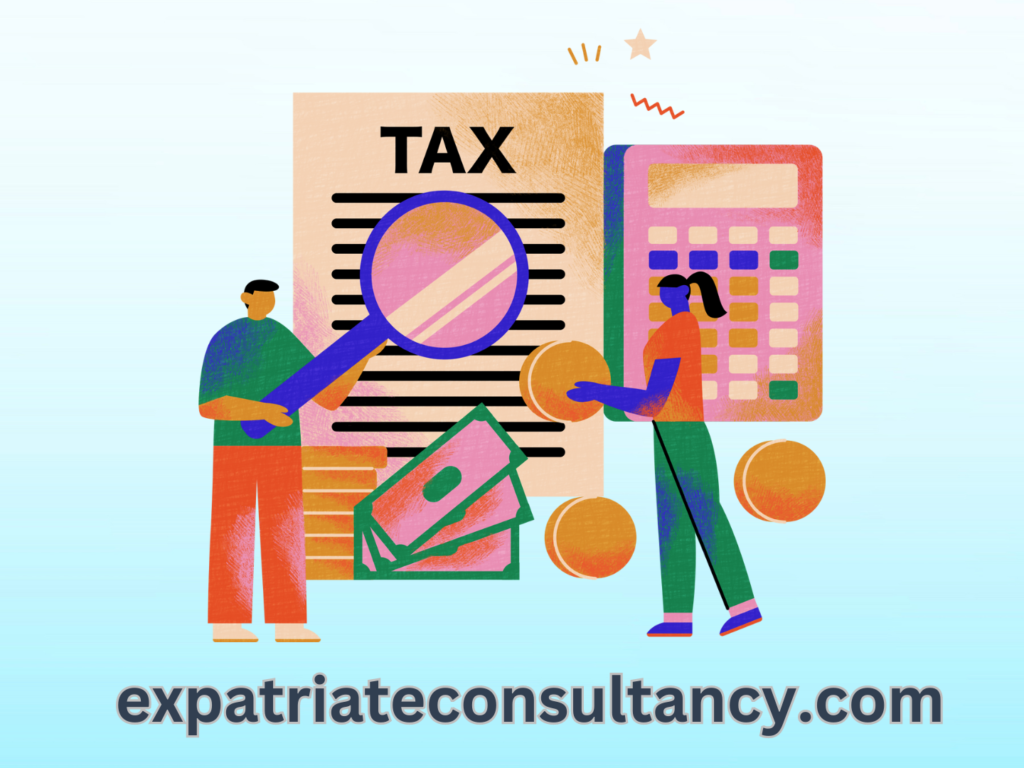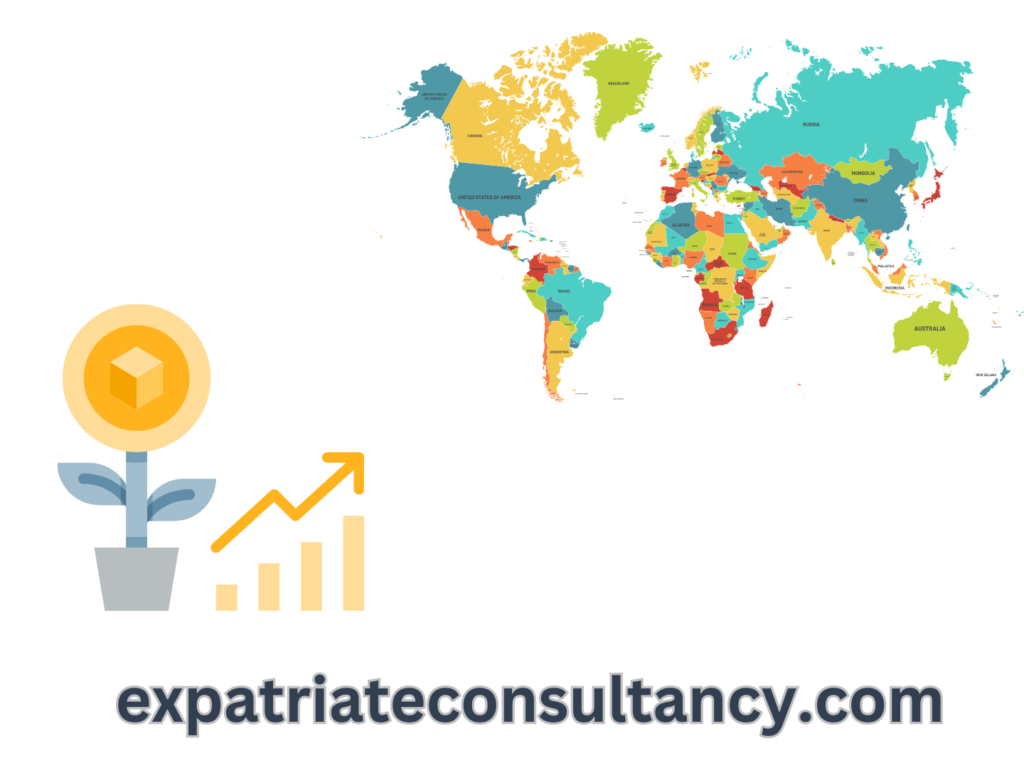An investor in emerging market equity should pay attention to these.
Often, great opportunities hide behind dreadful risks. Anyone investing in emerging markets knows that. Risks are of a different magnitude in developing markets when compared to stable locations like Western Europe or the USA.
This is not bad at all. The definition of risk is the chance that an outcome or investment’s actual gains will differ from an expected outcome or return. Therefore, as much as it can cause losses above expectations, it can become profits above measure.
To catch the upper side of the risk tail, however, there are some features that both entrepreneurs and investors should have when venturing into emerging economies. Here, we consider emergent as a developing nation engaged with global markets showing characteristics from both developed and non-developed economies. As Investopedia puts it:
Emerging market economies typically feature a unified currency, stock market, and backing system, and are in the process of industrializing.
Emerging market economies can offer greater returns to investors due to rapid growth, but also offer greater exposure to some inherent risks due to their status.
All the countries where I lived, worked, and started business in my life are emerging economies, although in different parts of the world — South America, the Middle East, and Eastern Europe. I also used my personal observations of non-mainstream emerging countries like Paraguay, Ethiopia, and Botswana.
Considering all this information, here are 3 essential things needed before investing in emerging markets.
Definition of an Emerging Market vs Developed Markets

Emerging markets and developed markets are two distinct categories within the global financial market. The distinction is primarily based on the economic growth, market capitalization, and liquidity of the countries within these markets.
Emerging markets, as the term implies, are economies that are in the process of rapid growth and industrialization.
These include countries like Saudi Arabia, Turkey, Brazil, Russia, China, etc.
Many of these countries (like Russia) suffer from the phenomenon of brain drain, meaning that qualified professionals prefer to move to developed economies. Others, however, like Poland, lately managed to attract back many of its expatriates.
Inequality is also common in many of them (again, Russia is a good example of that).
The MSCI Emerging Market Index, a market index that represents the performance of large and mid-cap securities across emerging market countries, is a useful tool for investors looking to gain exposure to these markets. The iShares MSCI Emerging Markets ETF and the Emerging Markets Bond ETF are examples of investment vehicles that provide diversified exposure across the emerging market universe.
On the other hand, developed markets are characterized by strong, well-established economies and are typically more stable. Companies based in developed markets often have larger market capitalization and offer more liquidity than those in emerging markets.
The GDP growth rate, gross domestic product, and per capita income are some of the key indicators used to differentiate between emerging and developed markets.
Noneconomic factors, for example, the human development index (HDI), which measures a nation’s degrees of income, education, and health into a single indicator, can likewise be utilized to assess the development level of a country. There are also some common characteristics among developing economies, like regional inequality, an element that is very present in places like Russia or South Africa.

What an Investor Should Have to Take Opportunities in Emerging Market Equity
Survival Skills Under Tax Terrorism

Tax disputes are as Brazilian as string bikinis or samba. The Economist
When I tell my European friends that in Brazil, it is common for local branches with larger legal units than their European headquarters; they ask me if this is not a waste of resources.
It is not, because Brazil and other emerging nations like India or — on a minor scale — Poland, live under a regime of tax terrorism.
In the same way that firms in war zones like Iraq or Sudan must invest extra resources in security, firms in countries like Brazil or India need to protect themselves against the vast government’s hunger for money.
Since I opened my first business in Poland, I couldn’t stop seeing similarities with the Brazilian complex, dubious, and expensive tax regime.
In Poland, the inheritance of practices from the communist era explains this — the monetary surveillance apparatus and the need to take resources from private to public hands. Curiously, Brazil has a post-communist tax system without ever being communist itself.
Complicated fiscal controls are almost a rule in these markets. In the Tax complexity index compiled by the Paderborn University and LMU Munich, of the 7 most complex systems, 6 are in emerging economies — the other is Italy. There are, however, emerging countries with simple taxes and low bureaucracy: Georgia, or Macedonia, for example.
Three points to expect from tax laws when you are investing in emerging markets are:
- They are constantly changing and you must be up to date. Excuses like “I was not aware of the recent changes” are rejected in court.
- They are dubious, paving the way to free interpretation by government officials and corruption.
- The universal principle of in dubio pro reo(meaning that you are innocent until proven guilty) is regularly ignored. There are situations where the entrepreneur must prove his innocence, that he paid his taxes, etc. This results in an enormous amount of registries, archives, and bureaucracy.
Middle-Class Focus: Affordability with (some) quality
Researchers often separate the middle from the lower classes by income. This may lead to wrong assumptions if you do not consider local prices or economic changes.
I prefer another definition: what differentiates them is their ability to spend larger portions of income on items other than food. Things like household durables, holidays, and leisure.
Therefore, a growing middle-class results in an explosive demand for non-basic items like cars, electronics, digital services, food delivery, etc.
This demand has a singular characteristic in emerging markets: anchored prices. The rising middle class will often expect items of superior quality but for prices anchored by their previous, lower income.
The immense market of 1.0 engine cars in Brazil is an example of how the automotive industry adapted an item (cars) for the purchasing power of the local middle class. Many of the vehicles sold in Brazil, like the Volkswagen Gol, were domestically developed, stripping out accessories to reduce the price and increase affordability while keeping a modern, pleasant design. The Gol was the best-selling car in Brazil for 27 consecutive years, from 1987 to 2014. Later it went to other emerging markets like Argentina, where it also turned into a best-seller.
The skyrocketing increase in the middle-class size in India, Brazil, China, and Indonesia includes almost two billion people, spending nearly $7 trillion per year. A figure that can reach $20 trillion during the next decade and be akin to the growth experienced by Post-War Europe, as explained by David Court and Laxman Narasimhan for McKinsey Quarterly:
These new spenders offer an opportunity for early winners to gain lasting advantages, just as companies in Europe and the United States did at similar points in their development. In 17 product categories in the United States, for example, we found that the market leader in 1925 remained the number-one or number-two player for the rest of the century. These companies include Kraft Foods (Nabisco), which led in biscuits; Del Monte Foods, in canned fruit; and Wrigley, in chewing gum.
Read also: Nearly all of the dirtiest cities in the world are on the same continent.
Awareness of the Transitional Nature of Investing in Emerging Markets
I will not state the obvious fact that emerging economies are volatile. Even kids building sandcastles know that.
Emerging markets have a feature that is confused with volatility: the fickle nature of their economies.
If volatility is the daily temperature change, the transitional nature is the seasonal fluctuations. But here, we don’t know when winter finishes or summer starts.
Nothing defines better this concept than 2 covers from The Economist:
- In 2009, the British magazine had an image of the Christ Redeemer (the most well-known Brazilian landmark) taking off under the title Brazil takes off. The main article had an optimistic tone about the South-American country and excellent projections.
- In 2012, the same magazine had a similar cover, but this time the Christ Redeemer was falling, under the title Has Brazil blown it? The main article had a pessimistic tone and gloomy forecasts for the Brazilian economy.
Less than 4 years separated both covers. Less than 4 years between wonderful perspectives and a dark future. The same happened with Turkey, which less than 10 years ago was considered a Breakout Nation by fund managers like Ruchir Sharma, and now is far from attractive for most investors.
These changes are not to be considered volatility because they are part of a longer trend, not daily or weekly fluctuations.
The conversion from a closed to an open market economy also affects the nature of emerging markets. To accomplish this, they try to promote international trade and focus on industry or services. Sometimes reducing their protective tariffs to diversify their exports and imports. Sometimes reducing restrictions on creating and operating businesses within their own country.
When these changes generate the desired results for society and governments, these emerging economies keep climbing the ladder. But when they fail, revolutions, armed coups or impeachments come to the surface.
Conclusion About Investing in Emerging Markets

Venturing in emerging markets is not the same as starting a business in Western Europe, it has its own risks and opportunities (especially when you consider the complicated moment of mature markets like the USA).
Emerging market stocks and emerging market currencies offer unique investment opportunities, but they also come with their own set of risks. Investing in emerging markets also tends to involve more risk due to potential political instability, monetary policies, and market conditions.
There are three characteristics that an investor or entrepreneur should have before investing in emerging markets:
- Survival skills under tax-terrorism, because of government changes and economical downturns resulting in complicated, dubious, and unstable fiscal laws.
- Middle-class focus, looking for affordability with decent quality. The growing middle class in emerging countries has free income to spend on goods other than food. They desire quality with affordability, since lower salaries may still anchor their price perception.
- Awareness of the transitional nature of emerging economies. Everyone knows that emerging markets are volatile, but they are also transient. That means entire trends going upside down in a matter of a few years, and a promising, exciting nation becoming a collapsed society — and vice versa.
International investing involves balancing the opportunities and risks presented by different markets and economies. For instance, the value of emerging market ETFs, such as the Emerging Markets Equity ETF, can be influenced by domestic and international market cycles. Therefore, it’s crucial for investors to read the prospectus carefully before investing and understand the pros and cons of investing in different asset classes.
If you are an entrepreneur abroad (or are planning to become one), I bet these two posts below may be helpful:
10 Business-Friendly Countries with Low Taxes in the Year 2023
Starting a Business in Europe as a Foreigner: 18-Country Guide 2023
Levi Borba is CEO of expatriateconsultancy.com, creator of the channel The Expat, and best-selling author. You can check his books here, his other articles here, or his Linkedin here.




